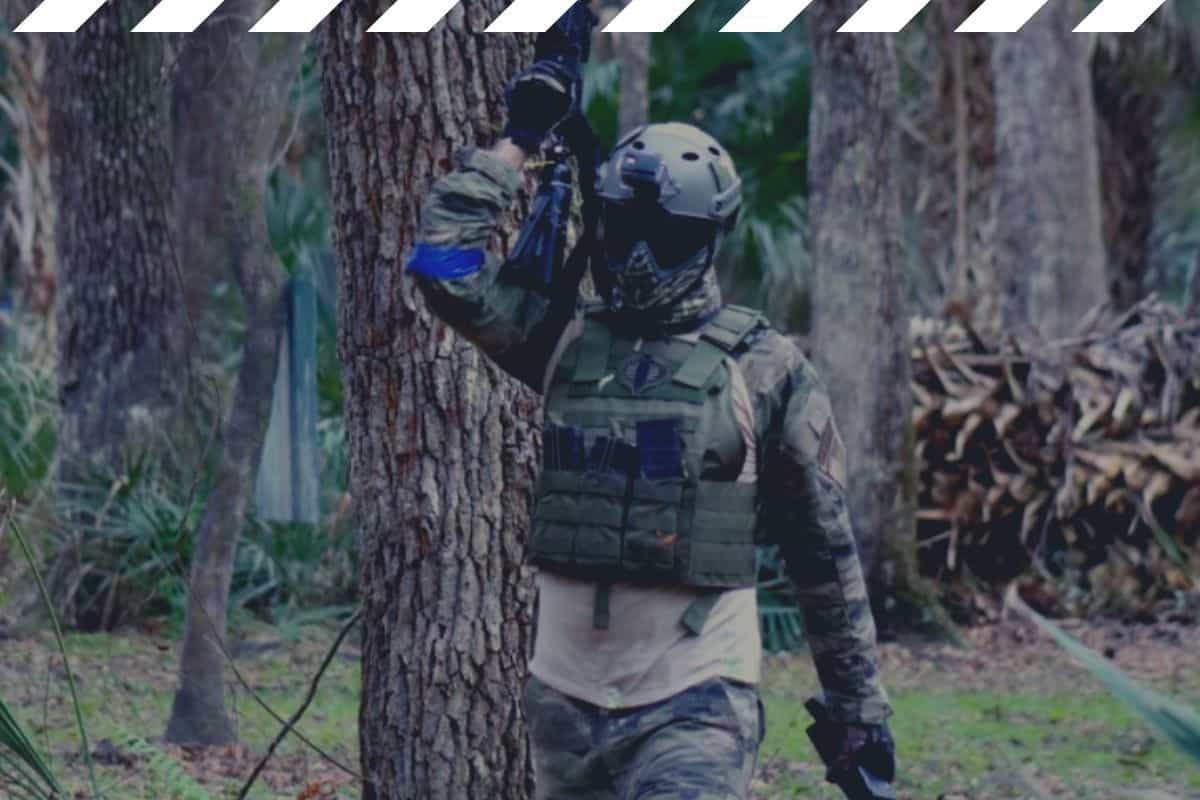Due to recent events, many people are wondering how to efficiently protect themselves and family members from the Ebola virus. We have compiled a list of safe ways to protect yourself from the virus because we care about our readers. It is, however, up to you to use this list to its fullest in order to be completely protected from the virus.
Ebola virus disease (EVD), also known as Ebola hemorrhagic fever (EHF) or simply Ebola, is a viral hemorrhagic fever of humans and other primates caused by ebolaviruses.
We also are not Doctor’s and we do not play Doctor’s on the internet.
10) Avoid Africa
We all know that Africa has an Ebola epidemic. If you are planning a safari, a mission or any other trip, you will want to postpone it indefinitely. If you arrive on the continent, you are at a much higher risk of acquiring the virus than if you avoid it at all costs.
9) Use a Microscope
Either own or have use of a really expensive microscope. Once you do this, you will need to continuously check your blood for any proof that the Ebola strain has not connected to you in any way.
Related: How to Talk To Your Spouse About Prepping
8) Go to Med School
In order to be able to properly distinguish the Ebola strain in your blood, you will need to be taught how. Med school is the key to this knowledge. You will want to focus particularly on viruses, bacteria and fungi so that you can properly distinguish the strain from all else.
7) Body Condom
During sexual intercourse, you will want to make sure that both parties are wearing full-body condoms. This will ensure that no sweat, saliva or other bodily fluids are transferred. Even if you are married, this is necessary due to outside exposure to the virus.
6) Ensure that those Exposed use Proper Hygiene and Precautions
If you see someone sneezing or coughing, ensure that he covers his mouth. Due to the fact that you do not know if he has been exposed, you will want to ensure that he uses proper hygiene and care so that you do not contract the virus from him.
5) Watch for Symptoms
Symptoms for Ebola include fever, chills and other symptoms that can be found in the common cold, influenza and many other viruses. The important thing to remember is that once you start showing symptoms, you are extremely contagious and you will need to stay where you are, call 9-1-1 and tell the dispatcher that you believe that you have Ebola. By telling the dispatcher this, you will ensure that the people who come to get you are properly suited and informed of the dangers of the situation.
Recommended: 27 Ways To Use Baking Soda When SHTF
4) Avoid Areas Frequented by Travelers and Tourists
People who have been on long trips tend to need things like toiletries and food. In order to avoid contact with people who may have been exposed, you will need to avoid mass retailers, fast food chains and even most ATMs and banks. This precaution is essential because if someone exposed sneezes on an employee or machine that you will be using, you are at a much higher risk than ever before.
3) Stay Up-to-date on all Ebola Developments
Watch the news, read the newspaper, research online and check with the CDC website as much as possible. While many times, the news only covers things that are fresh and new, you may be able to catch something that shows importance to helping and containing this virus so that it does not become a world epidemic.
2) Analyze Information and Report it
If you believe that you know something that the government and doctors do not know, you should report it to your elected official. While many people believe that shutting down travel to and from known affected countries would keep the virus from spreading further, it does not appear that anyone has informed officials of this discovery because they have not done so, yet.
Recommended: SHTF Fitness Plan: Your Plan Starts Today
1) Lock Up Tight
Being that you are prepared financially and have plenty of resources on hand, you should be able to lock you and your family in your home for months without having to leave for food, water, toiletries, etc. If you can lock your family up until the epidemic has ended, you are guaranteeing your safety and survival, but you must not let anyone in or out of your home for this to work.
The truth is that there is not much that the average person can do to stay completely clear of the virus. If you wash your hands with soap on a regular basis, you are lessening your chances of contracting the virus. If you do not have the resources handy to do any or all of the above, your best option is to use the basic hygiene instructions that you have been given since kindergarten.






